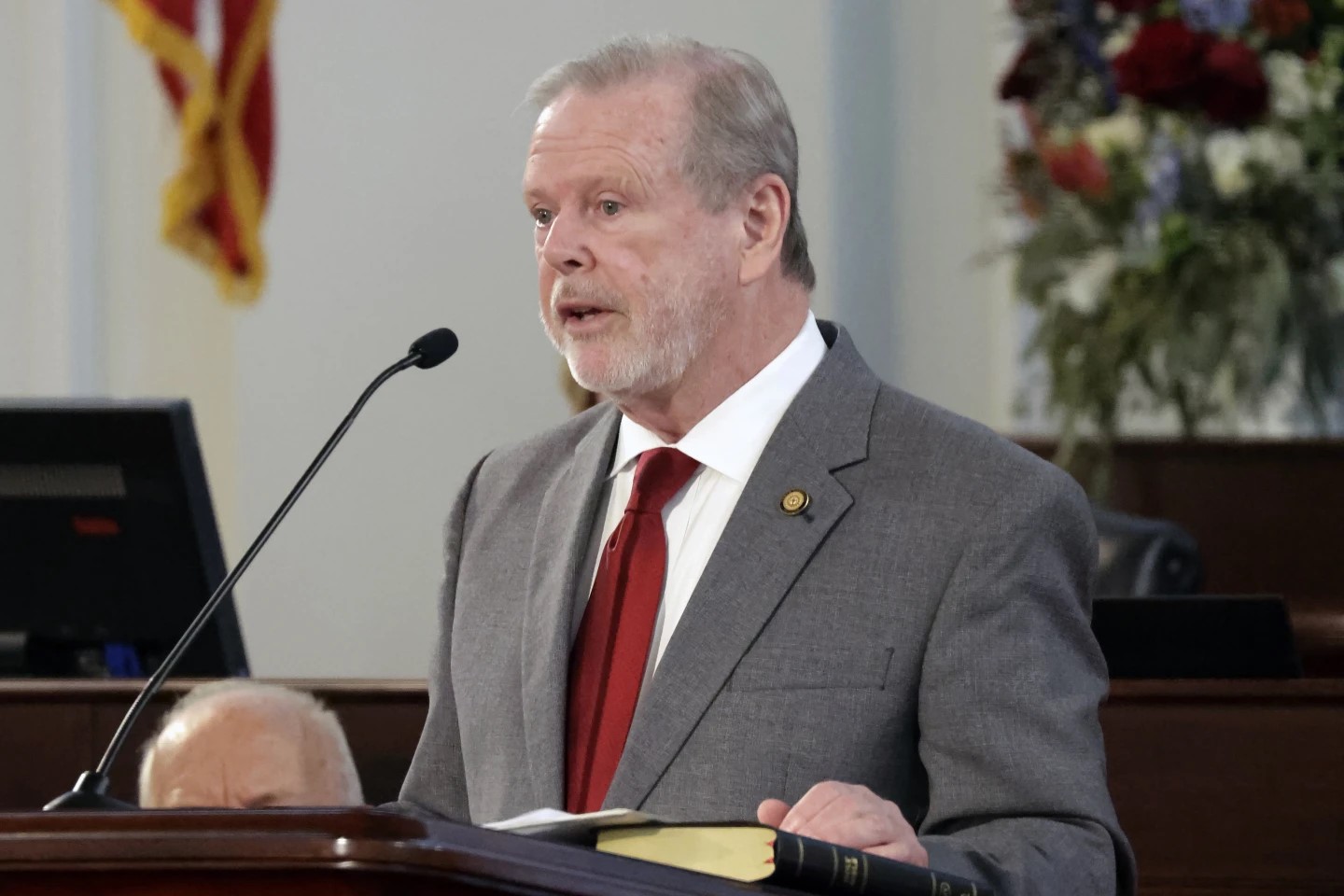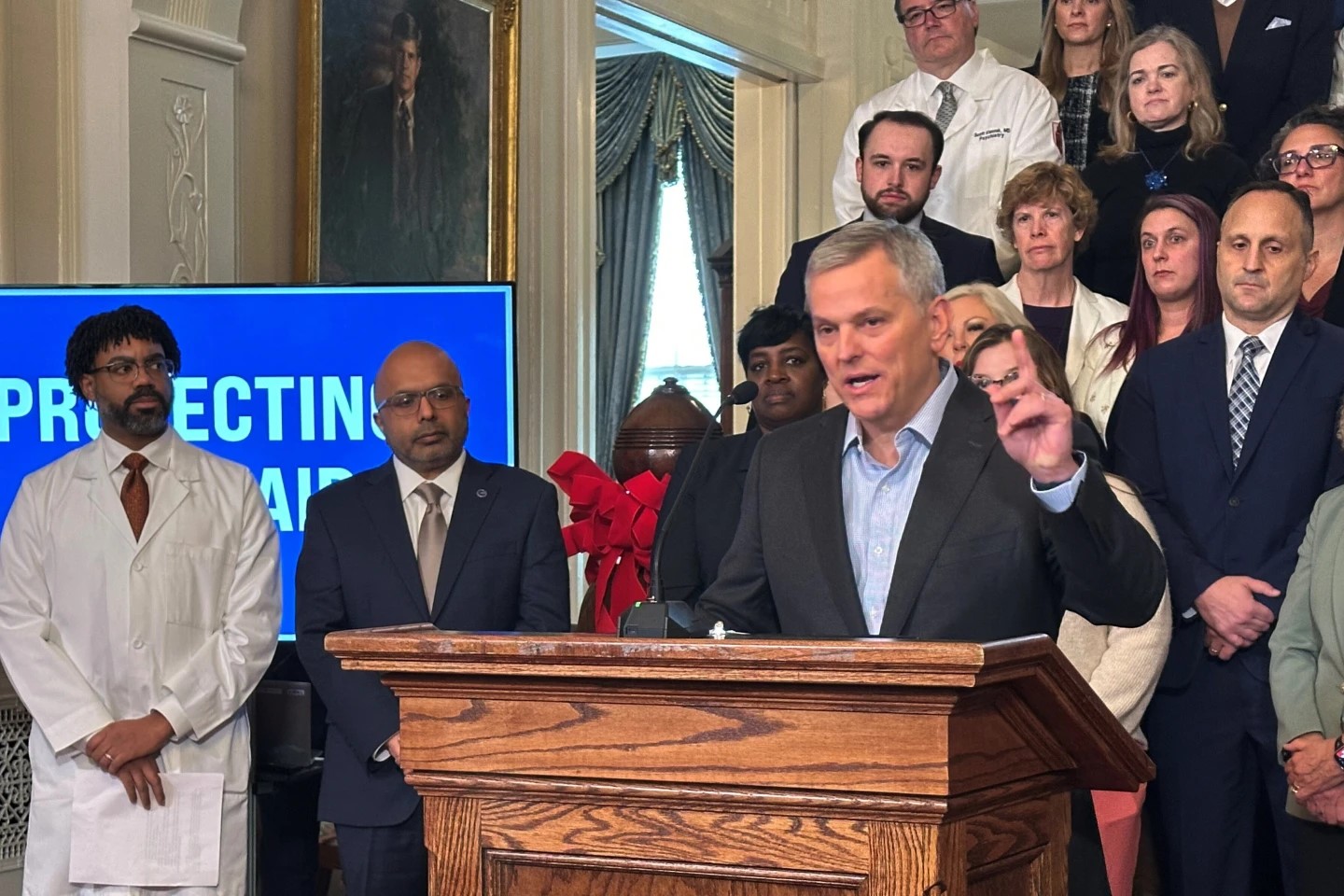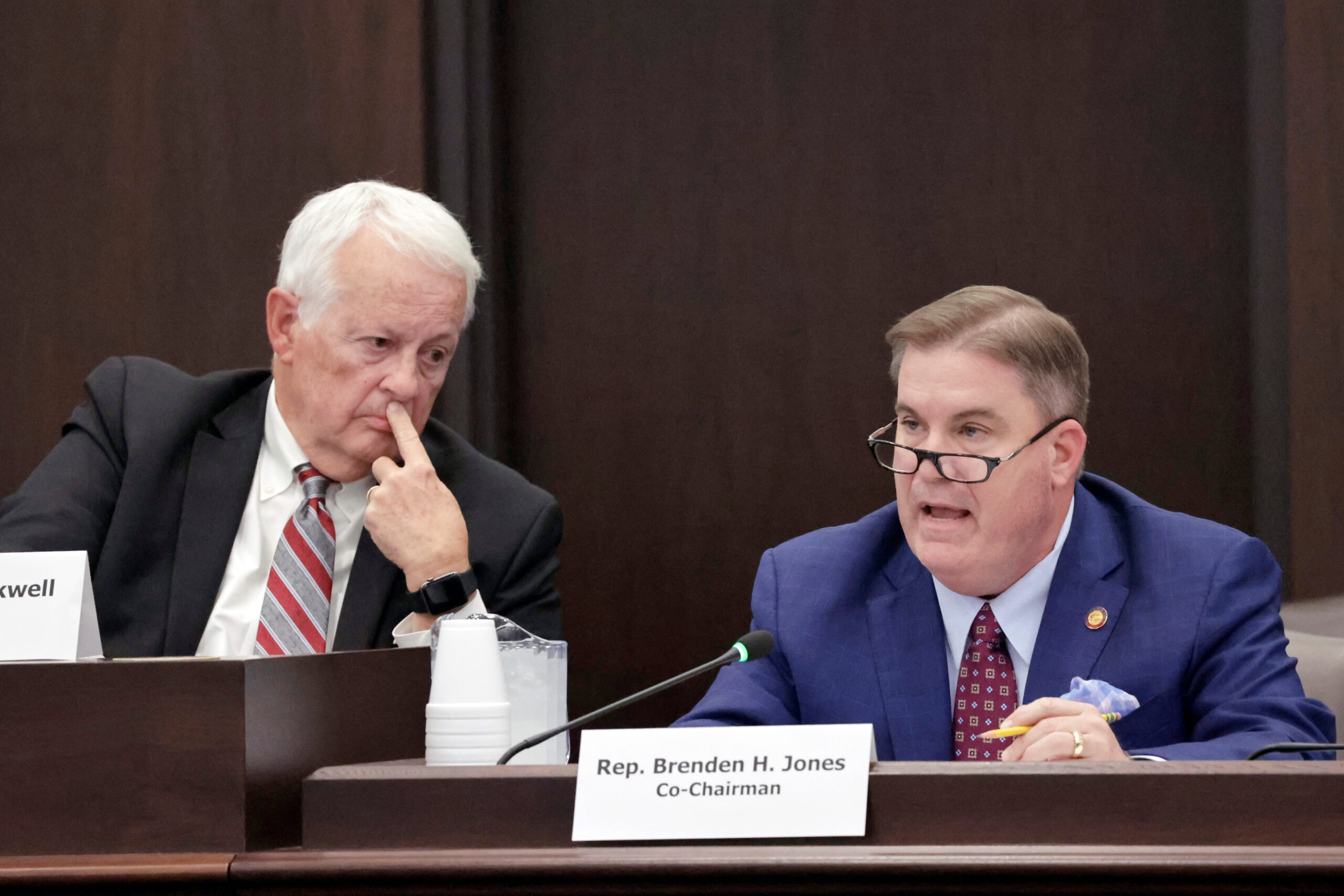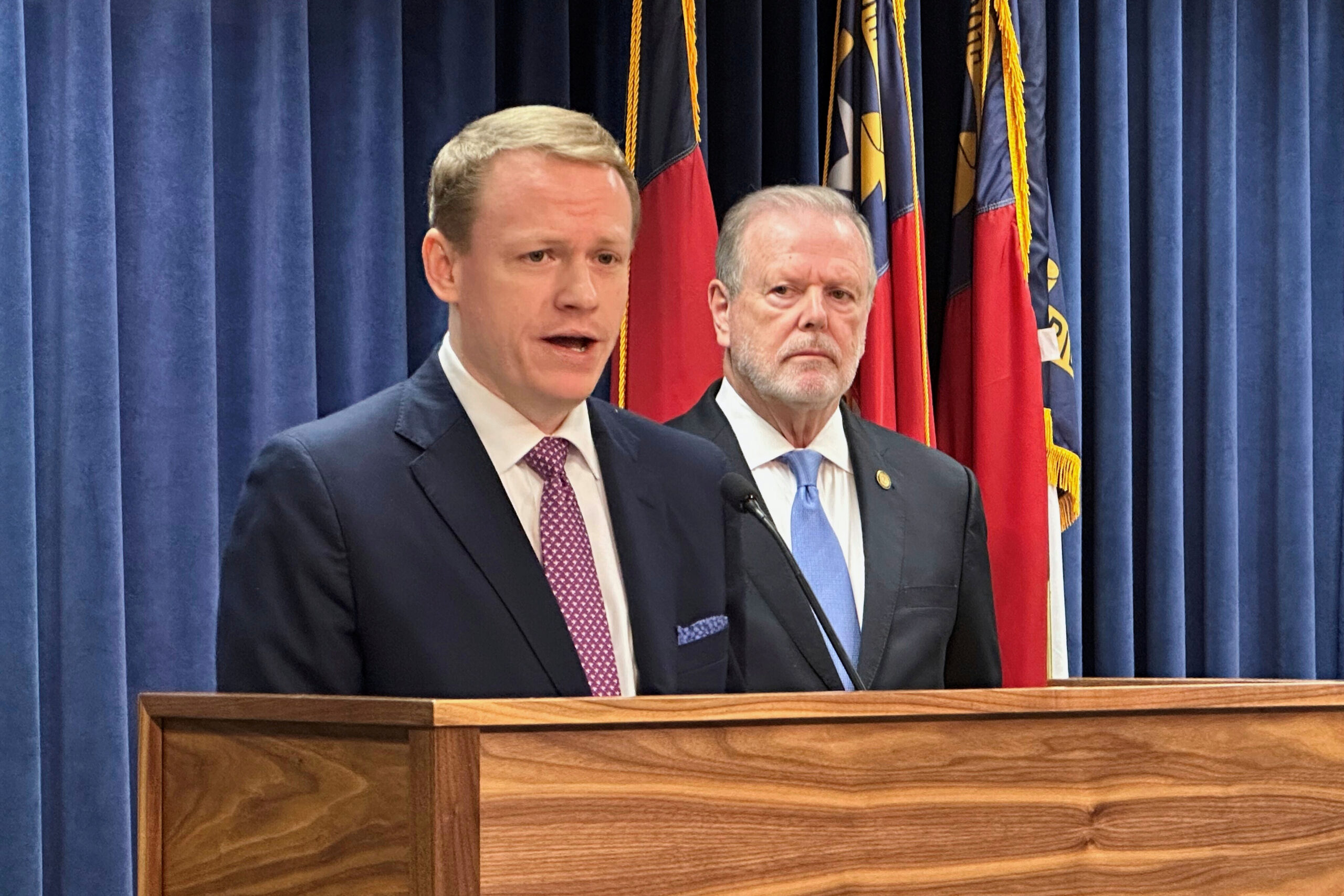
“Viewpoints” is a place on Chapelboro where local people are encouraged to share their unique perspectives on issues affecting our community. All thoughts, ideas, opinions and expressions in this series are those of the author, and do not reflect the work, reporting or approval of 97.9 The Hill and Chapelboro.com. If you’d like to contribute a column on an issue you’re concerned about, interesting happenings around town, reflections on local life — or anything else — send a submission to viewpoints@wchl.com.
[Editor’s note: “Viewpoints” typically allows only for submissions from one single author, but an exception has been made to publish the piece below, submitted as an op-ed to news outlets across North Carolina, in Chapelboro’s designated section for submitted opinion pieces]
Protecting North Carolina’s Economy and Communities: The Case for Limiting Immigration Enforcement on Farms, Construction Sites, Places of Worship, Hospitals, and Schools
A perspective from: North Carolina District 18 Rep. Deb Butler and North Carolina District 50 Rep. Renée Price
As members of the North Carolina House of Representatives and founding members of the newly formed Progress Now NC Caucus of the North Carolina General Assembly, we have drafted and filed companion bills number H78 and H80 along with our fellow Progress Now NC members Representatives Pricey Harrison, Maria Cervania and Marcia Morey. These vital pieces of legislation would prohibit law enforcement agencies from participating in federal immigration enforcement at farms, construction sites, places of worship, hospitals, and schools. America is a nation of immigrants, and these measures would help ensure that immigrants who have committed no crime can live peaceably with basic human dignity. These bills are a step toward justice and are an essential safeguard for our state’s economy and the well-being of all residents.
The Dangers of Profiling and Unjust Enforcement
Being undocumented is a civil infraction, not a criminal offense. The repeated conflation of immigration status with criminality fuels misinformation and animosity. Our legal system does not punish individuals for being undocumented in the same way it does for actual crimes, such as theft or violence. Treating undocumented status as a justification for aggressive enforcement erodes civil liberties and undermines our state’s commitment to fairness and due process.
Moreover, policies that entangle local law enforcement with immigration enforcement create a climate of fear and suspicion, disproportionately affecting communities of color. Without clear protections, law- abiding individuals, including legal residents and U.S. citizens, can be unfairly targeted based on their appearance or language. Allowing immigration enforcement on job sites that employ people from various cultural backgrounds increases the likelihood of racial profiling and weakens trust between law enforcement and immigrant communities, making it harder to combat actual crime.
The Economic Value of Immigrant Workers
North Carolina’s economy depends heavily on immigrant labor, particularly in agriculture and construction. Immigrant workers, regardless of status, contribute immensely to our state’s productivity, yet they often face hostile and unjust treatment. The American Immigration Council estimates that people in NC without full legal status pay $772.5 million dollars in federal, state and local taxes and harness $6.4 billion dollars in spending power. According to New American Economy over 50% of the state’s farmworkers are foreign-born, with a significant portion being undocumented. The agricultural sector, which contributes approximately $92 billion dollars annually to the state’s economy, would collapse without this essential workforce. If immigration enforcement is allowed to target workers at farms, slaughterhouses, packaging houses or permitted construction sites, the disruption could devastate food supply chains, lead to labor shortages, increase prices, and cause financial instability for farms.
The construction industry tells a similar story. A 2020 study by the North Carolina Home Builders Association found that nearly 30% of the state’s construction labor force is foreign-born. With North Carolina experiencing a housing boom and an urgent need for infrastructure improvements, discouraging workers from showing up to job sites due to fear of deportation would have widespread economic repercussions, delaying projects and driving up costs for consumers.
Extending Protections to Places of Worship, Hospitals, and Schools
In terms of basic human rights, immigrants should be protected from disruptive and traumatic enforcement actions in places of worship, in health clinics and hospitals, and in schools and daycares. These institutions serve as lifelines for people of all ages and circumstances.
No child asks to be born, nor can any child determine where she or he is residing. Children, regardless of their parents’ immigration status, have the right to a safe environment and uninterrupted education. Living with the fear of arrest or deportation, when no criminal offense has been committed, is unconscionable. Schools should be sanctuaries where young minds can grow and be nurtured without the specter of enforcement raids. Similarly, hospitals must remain places where people can seek medical care without hesitation. No woman, man or child should have to jeopardize their health and well- being for fear of arrest because of their immigrant status. Furthermore, places of worship are where people come together as one, to dwell within their faith, and to be at peace. These are sacred spaces, and the intrusion of law enforcement when no crime has been committed is reprehensible. People visit places of worship with hope for a better life.
Why These Bills are Necessary
By prohibiting local law enforcement from acting as de facto immigration agents at these crucial worksites and community institutions, the proposed legislation ensures that immigrant workers and families can live their lives without fear of being detained or deported simply for working, praying, seeking medical attention, or attending school. Our state legislature has a choice: it can allow fear, intimidation and discrimination to harm our economy and communities, or we can take a stand for fairness, prosperity, and human dignity. By passing these bills, North Carolina rejects the dangerous conflation of immigration status with criminality and affirms that we value the contributions of all people.
Protecting workers and families from unjust immigration enforcement is not just the right thing to do…it is an economic necessity and a moral imperative.
“Viewpoints” on Chapelboro is a recurring series of community-submitted opinion columns. All thoughts, ideas, opinions and expressions in this series are those of the author, and do not reflect the work or reporting of 97.9 The Hill and Chapelboro.com.











